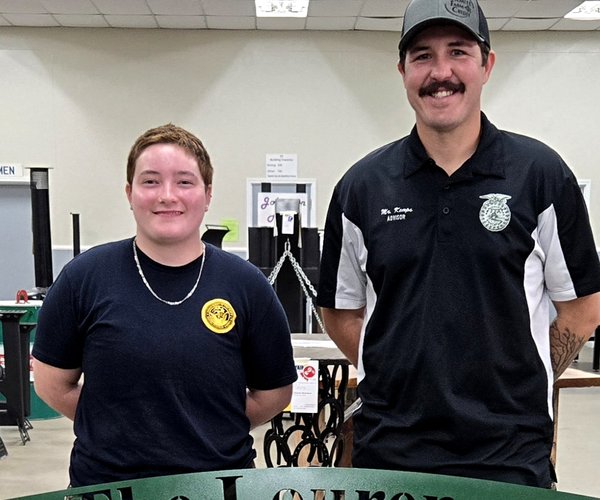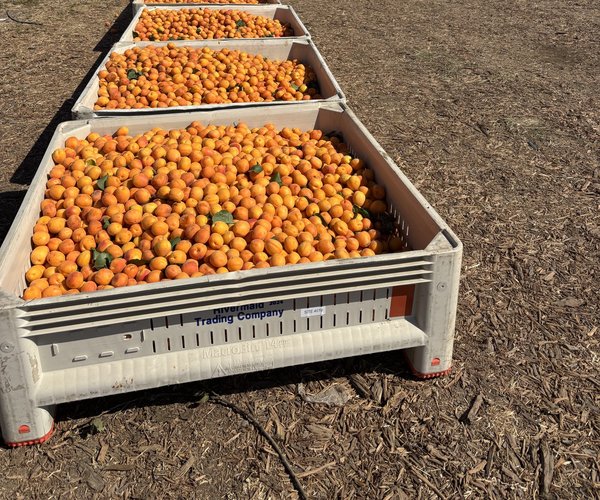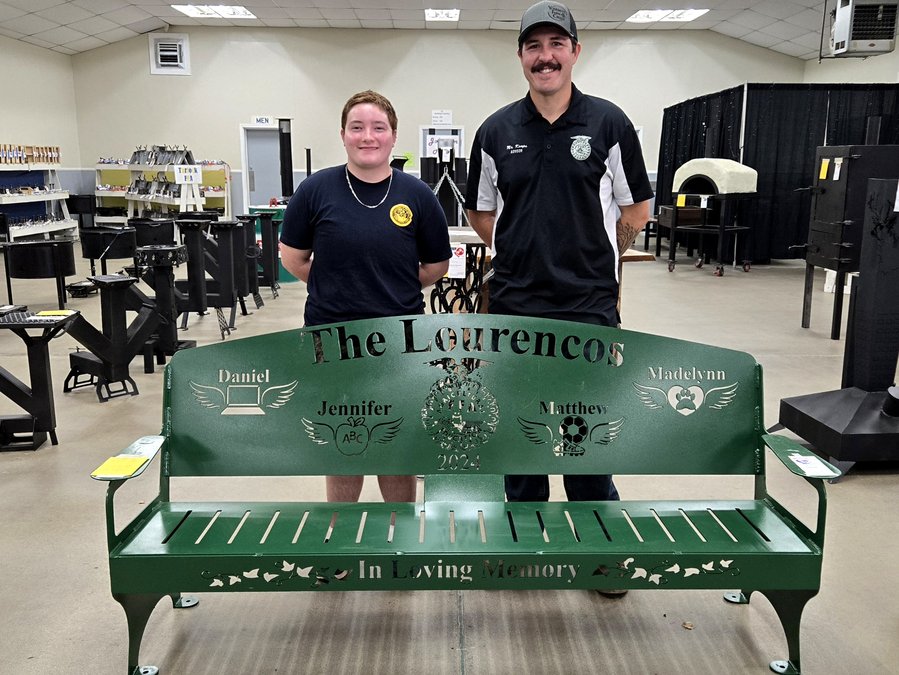Sunday kicks off Fire Prevention Week and this year the focus will be on curbing flare-ups in the kitchen.
According to the National Fire Protection Association, the kitchen is the leading area of origin for home fires, and cooking is the leading cause of these fires. On average, there were 156,600 kitchen fires reported every year in the United States between the years of 2007-2011.
Turlock Fire Chief Tim Lohman said Turlock sees a high level of fires that originate in the kitchen, with the highest rate recorded in 2011 at 86 percent. So far this year, 32 percent of the structure fires in Turlock have begun in the kitchen, Lohman said.
"Kitchen fires are clearly a cause for concern," Lohman said.
A fire in the kitchen can mean more than a burnt dinner. According to the National Fire Protection Agency, fire departments across the country responded to an annual average of 156,600 cooking-related fires between 2007-2011, which resulted in 400 civilian deaths, 5,080 civilian injuries and $853 million in direct damage.
The National Fire Protection Agency also reported that: Two of every five home fires start in the kitchen; unattended cooking was a factor in 34 percent of reported home cooking fires; two-thirds of home cooking fires started with ignition of food or other cooking materials; ranges accounted for 58 percent of home cooking fire incidents and ovens accounted for 16 percent; children under 5 years face a higher risk of non-fire burns associated with cooking than being burned in a cooking fire; microwave ovens are one of the leading home products associated with scald burn injuries not related to fires. An estimated 44 percent of the microwave oven injuries seen at emergency rooms in 2011 were scald burns; clothing was the item first ignited in less than 1 percent of home cooking fires, but these incidents accounted for 16 percent of the cooking fire deaths.
The National Fire Protection Agency offers these basic kitchen safety awareness tips:
•Be alert! If you are sleepy or have consumed alcohol, don't use the stove or stovetop.
•Keep an eye on what you fry! Stay in the kitchen while you are frying, grilling, or broiling food.
If you leave the kitchen for even a short period of time, turn off the stove.
•If you are simmering, baking, roasting, or boiling food, check it regularly, remain in the home while food is cooking, and use a timer to remind you that you are cooking.
•Keep anything that can catch fire - oven mitts, wooden utensils, food packaging, towels or curtains - away from your stovetop.
•Have a "kid-free zone" of at least three feet around the stove and areas where hot food or drinks are prepared or carried.
"The Turlock Fire Department is ready to respond to our citizens in need of emergency help, but we would much rather help you to prevent a fire in the first place," Lohman said.









